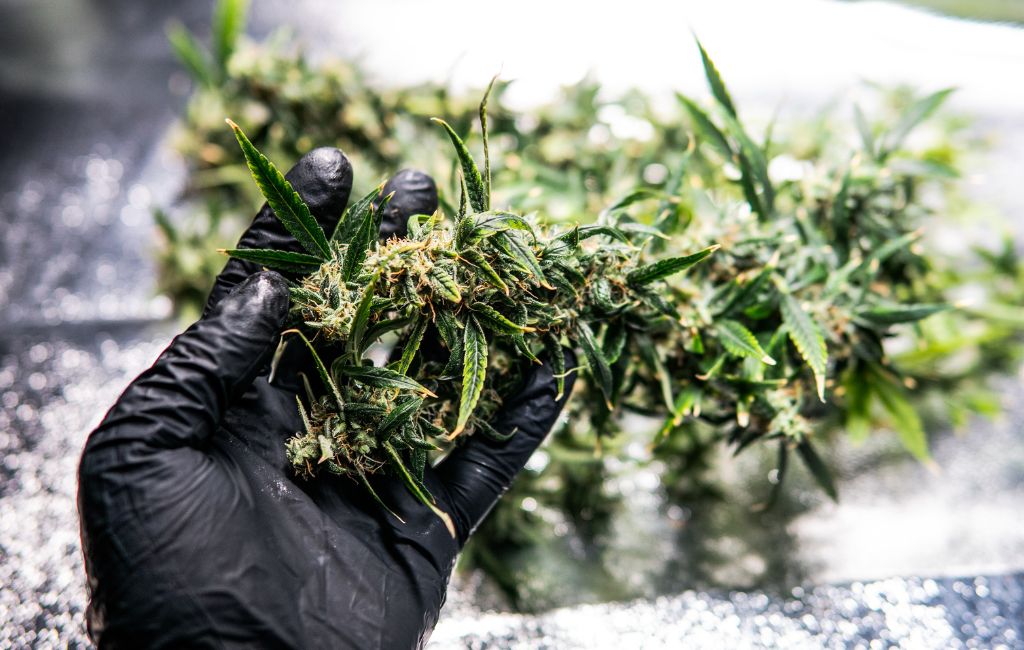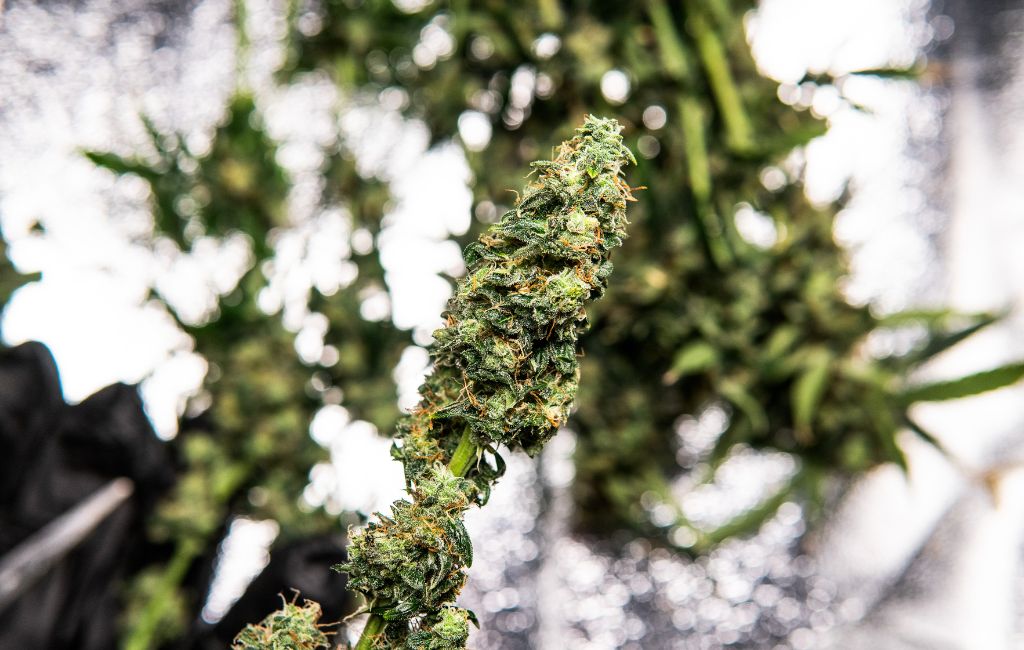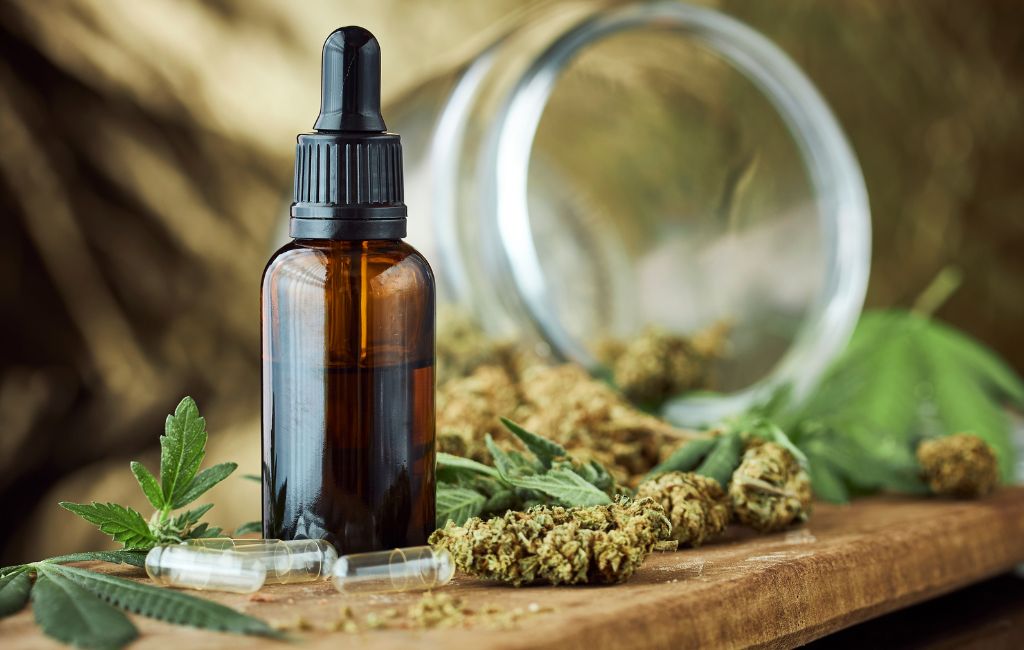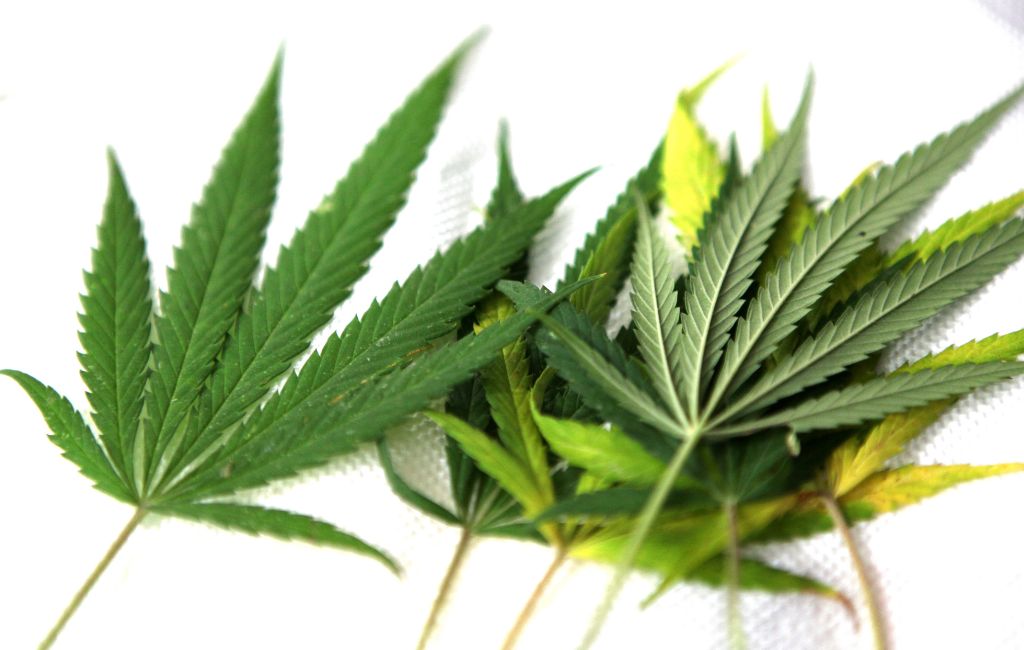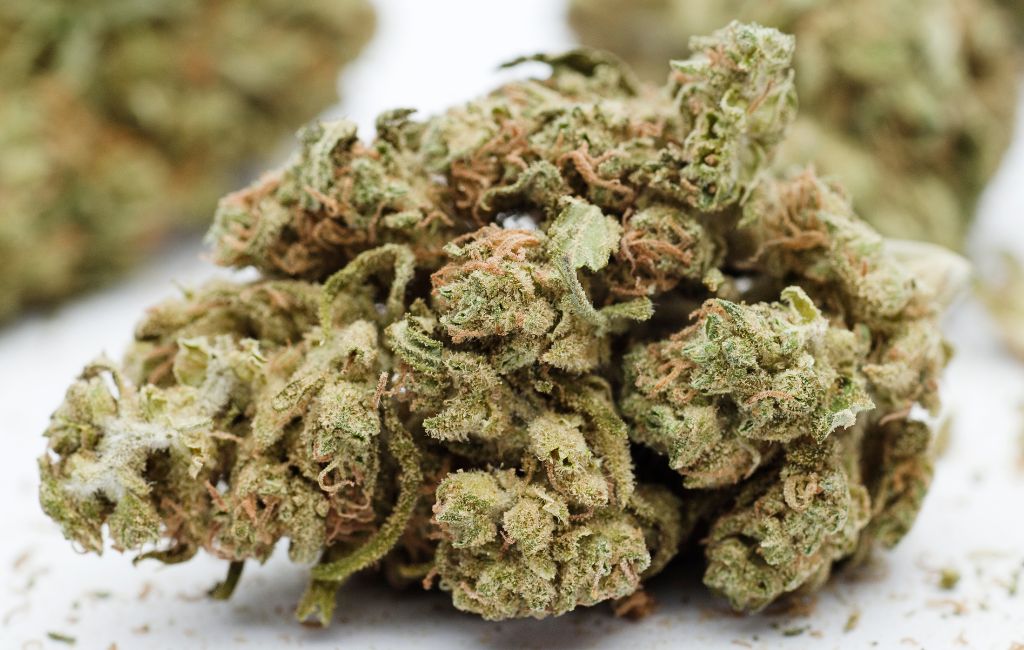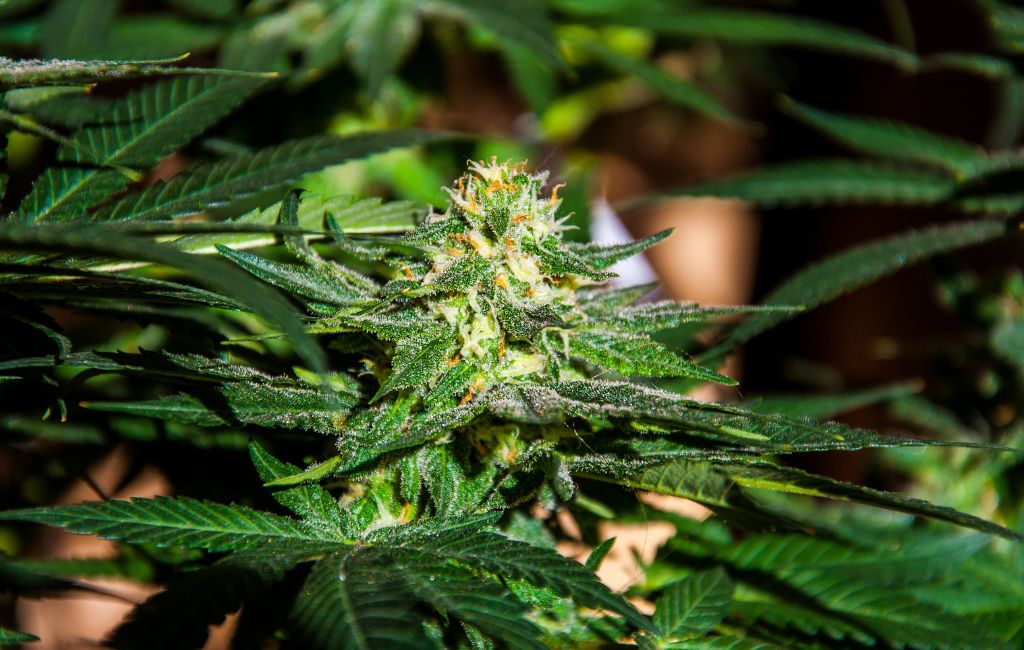Understanding High-Potency THCa
In recent years, the cannabis industry has seen a surge in interest surrounding various cannabinoids, with THCa gaining significant attention. This compound, often overshadowed by its more famous counterpart THC, is now being recognized for its unique properties and potential benefits. This article explores what high-potency THCa is, its benefits, and its implications for both recreational and medicinal use.
What is THCa?
THCa, or tetrahydrocannabinolic acid, is a non-psychoactive cannabinoid found in raw and live cannabis plants. Unlike THC, which is known for its psychoactive effects, THCa does not produce a “high” when consumed in its natural form. This is because THCa must undergo decarboxylation, a process typically involving heat, to convert into THC.
The Chemistry Behind THCa
THCa is the acidic precursor to THC. In the cannabis plant, cannabinoids exist in their acidic forms. When cannabis is heated, such as through smoking or cooking, THCa loses a carboxyl group and becomes THC. This transformation is what gives THC its psychoactive properties.
Benefits of High-Potency THCa
High-potency THCa is gaining popularity for several reasons. While it doesn’t produce the psychoactive effects associated with THC, it offers a range of potential therapeutic benefits.
- Anti-inflammatory Properties: Research suggests that THCa may have significant anti-inflammatory effects, making it a potential treatment for conditions like arthritis and lupus.
- Neuroprotective Effects: Some studies indicate that THCa may help protect brain cells, offering potential benefits for neurodegenerative diseases such as Alzheimer’s and Parkinson’s.
- Anti-emetic Benefits: THCa has shown promise in reducing nausea and vomiting, which could be beneficial for patients undergoing chemotherapy.
- Appetite Stimulation: Like THC, THCa may help stimulate appetite, which can be advantageous for individuals with eating disorders or those undergoing treatments that affect appetite.
High-Potency THCa in the Market
The cannabis market has responded to the growing interest in THCa by developing products that preserve its potency. These products are designed to deliver the benefits of THCa without the psychoactive effects of THC.
Popular THCa Products
Several products have emerged that cater to consumers seeking high-potency THCa:
- Raw Cannabis Juices: Juicing raw cannabis leaves and flowers is a popular method to consume THCa. This method preserves the cannabinoid in its natural form.
- THCa Tinctures: These are liquid extracts that can be taken sublingually or added to food and drinks.
- THCa Crystalline: Known for its purity, THCa crystalline is a concentrated form of the cannabinoid, often used in dabbing.
Case Studies and Research
Several studies have explored the potential benefits of THCa, providing insights into its therapeutic applications.
Research on Anti-inflammatory Effects
A study published in the “Journal of Pharmacology” highlighted THCa‘s potential in reducing inflammation. The research demonstrated that THCa could inhibit the production of pro-inflammatory cytokines, suggesting its use in treating inflammatory conditions.
Neuroprotective Research
Another study conducted by the “Neurobiology Institute” found that THCa exhibited neuroprotective properties in animal models. The research indicated that THCa could reduce oxidative stress and protect neurons from damage, offering hope for neurodegenerative disease treatments.
Legal Considerations
The legal status of THCa varies by region. In many places, THCa is not classified as a controlled substance, allowing for its sale and consumption in its raw form. However, once decarboxylated into THC, it falls under the same legal restrictions as THC products.
Regulatory Challenges
The evolving legal landscape presents challenges for producers and consumers. As more research emerges, regulations may adapt to reflect the growing understanding of THCa’s benefits and uses.
Conclusion
High-potency THCa represents a promising area of exploration within the cannabis industry. With its potential therapeutic benefits and non-psychoactive nature, it offers an appealing option for those seeking the medicinal properties of cannabis without the high. As research continues to uncover the full range of its effects, THCa may become a staple in both medical and wellness applications.
